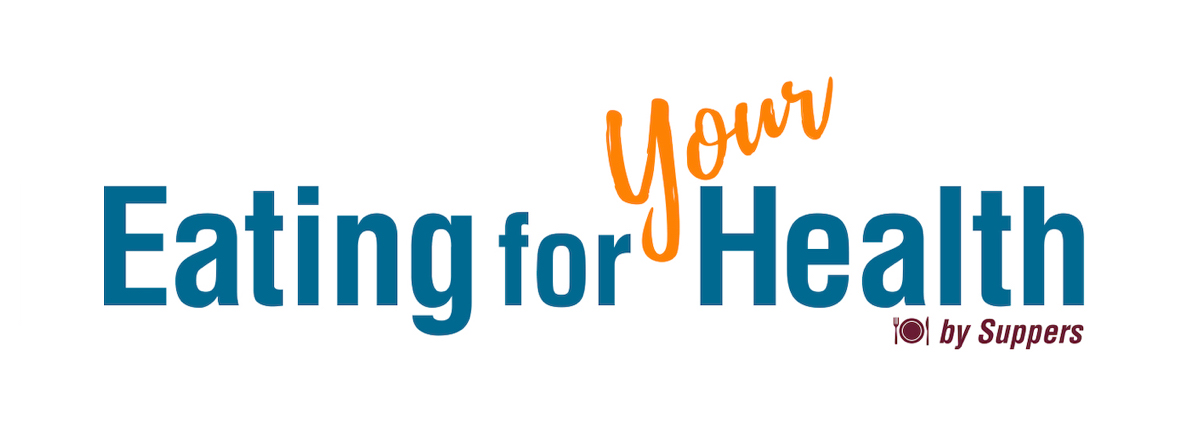Today if I saw a boy who spends all his paper route money on candy, it would be fraught with meaning. But back when I was the boy on the bike, payday equaled a trip to the candy store. At nine I wasn’t searching for meaning.
There is diabetes all over my family. My grandfather, father, and his two sisters all died of the disease. It is not clear to me when in the history of diabetes people started to understand the relationship between intense desire to eat sugar and development of diabetes, but it wasn’t soon enough to spare my father’s family.
Knowledge might not have helped anyway. My father was what they call a dry drunk. Up to age 32, he was a rabblerousing troublemaker of an alcoholic. He quit cold turkey in the early days of AA, and although he never took another drink, he made his own life and everyone else’s miserable. Without drink, he was introverted, depressed, reclusive, negative, and stingingly critical – especially of his children.
My parents created a supercharged force around sweets for my sisters and me. On the one hand, we were rewarded lavishly for good behavior with candy. On the other hand, we were sternly admonished that sugar would rot our teeth. Totally under the spell of sugar – and not having met any toothless nine-year-olds – I fled from their lectures on my bicycle, delivering newspapers for candy bars.
Today I’m the adult version of the boy on the bike, only now I’m seven days a week at the gym exercising off moderate amounts of alcohol and dessert. My wife suggested we do The Suppers Programs together, thinking it would be good for her weight and my blood sugar. We’ve done diets before and been quite successful. We adhered to a no-fat vegan diet for several months and got used to it. But it was socially unsustainable. A diet that’s totally out of sync with our social life is not acceptable. I was skeptical that Suppers food would actually be delicious, but I went along to be supportive. Of course as soon as we arrived, I was introduced to this concept of “health relatives.” Checking off all the issues that cluster in families was eye-opening: depression, diabetes and problems with alcohol can all come from the same place, a hungry brain that compels you to seek short fixes in the form of sugar or drink. Most of the people at the table had issues in their families that led them to self-medicate various discomforts with sweet food or alcohol. In my mind, sugar equaled alcohol and both were equally troubling in terms of the family history.
So why do I continue to press down the accelerator while slamming on the breaks? Wouldn’t it be easier to stop having sugar and alcohol than to have it and go to the gym seven days a week to exercise it off? My triumphs so far have all been victories of restraint and control, not transformation.
I came to Suppers to support my wife, but I continue because I want that transformation. I haven’t had my logical miracle yet, but I’ve tasted it, and I know what it will be. I will develop the desire to eat more and more of the “good stuff” which will crowd out the desire to eat the “bad stuff.” And by good stuff and bad stuff, I mean whichever foods I discover through experiments energize or fatigue me, sustain me or make me seek more. My logical miracle will happen the day that three things happen at the same time: I eat healthy food. It’s delicious. And I feel so good on the good stuff that the bad stuff loses its appeal.
Restraint has served me well. I am actually like my dad in that way (a much nicer version). But restraint is a two-edged sword. It got me where I am so far and now it’s holding me back. I think next time I start fretting about the boy careening down the street on his bike, I’ll reframe his situation: he’s not on his way to the candy store to get his fix, he’s riding with the wind of transformation on his face.
